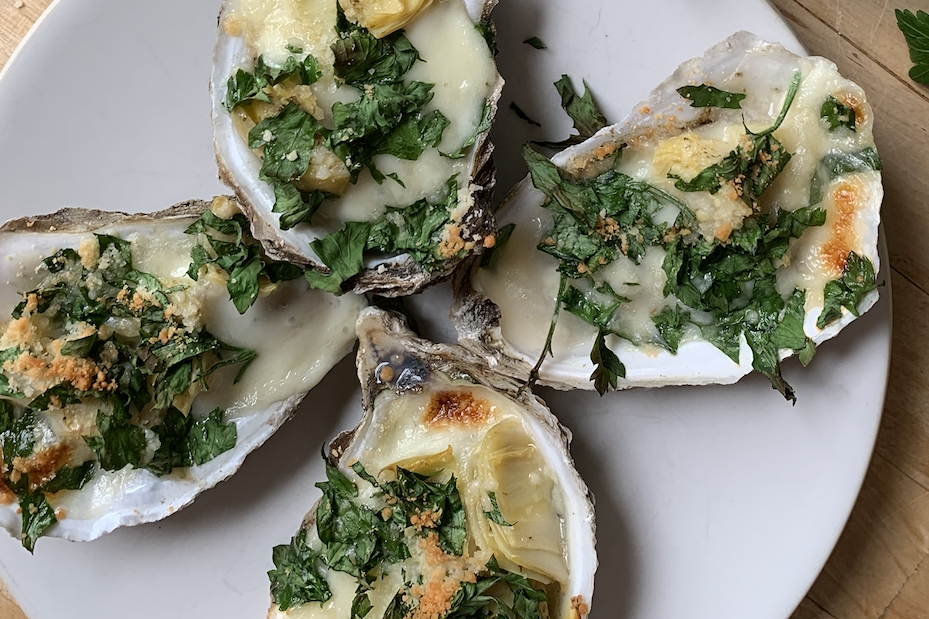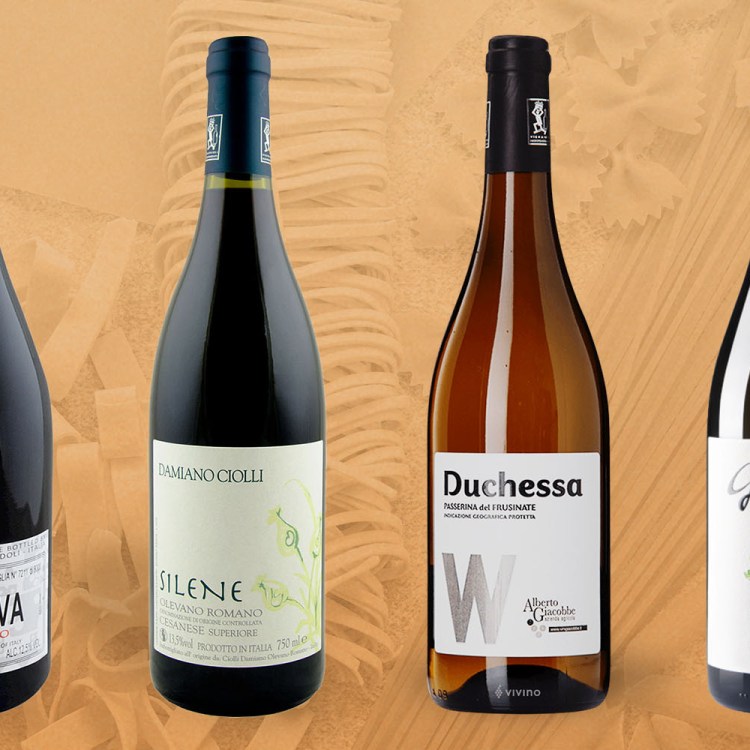There are things that can help revitalize the environment, and there are things that can be sustainably fared. Far more rare are examples of things that are both sustainable and restorative — but a growing body of research suggests that this is precisely the case when it comes to oysters.
A new article by Melody Schreiber at The New Republic looks at this paradoxical aspect of oysters — and what it might mean for questions of sustainability moving forwards. “Oysters provide crucial environmental benefits in a changing climate, even when they are farmed,” Schreiber writes. “And unlike other crops, it would be difficult to overfarm them.”
The example Schreiber cites is in the Chesapeake Bay, which went from 26,000 bushels of oysters farmed in 2004 to 900,000 in 2015 — something that’s had an impact on the local environment and the local economy. Oysters are able to filter local waterways on a large scale, and they also help address the effects of climate change.
Is there a paradox here, given that farming oysters can nonetheless lead to larger oyster populations? Dr. Brandon Puckett of the North Carolina Coastal Reserve and National Estuarine Research Reserve doesn’t think so. “As a society, we tend to protect what we treasure,” he told The New Republic.
It’s an idea that has drawn attention in numerous waterways and waterfront environments. The Billion Oyster Project in New York City has installed 14 oyster reef sites to date, for instance. The organization’s founders also look back on a time when the waters in the region were clearer due to the oyster population of a previous century.
Cleaner water, more diverse aquatic populations and more oysters for everyone seems like an excellent combination. One thing to remember, though — if you’re eating oysters at home, make sure you recycle the shell. Turns out oyster shells are an essential component of oyster reefs. You can say that the oysters you just are are helping make the world a cleaner place — and you’d be right.
Subscribe here for our free daily newsletter.
Thanks for reading InsideHook. Sign up for our daily newsletter and be in the know.
















